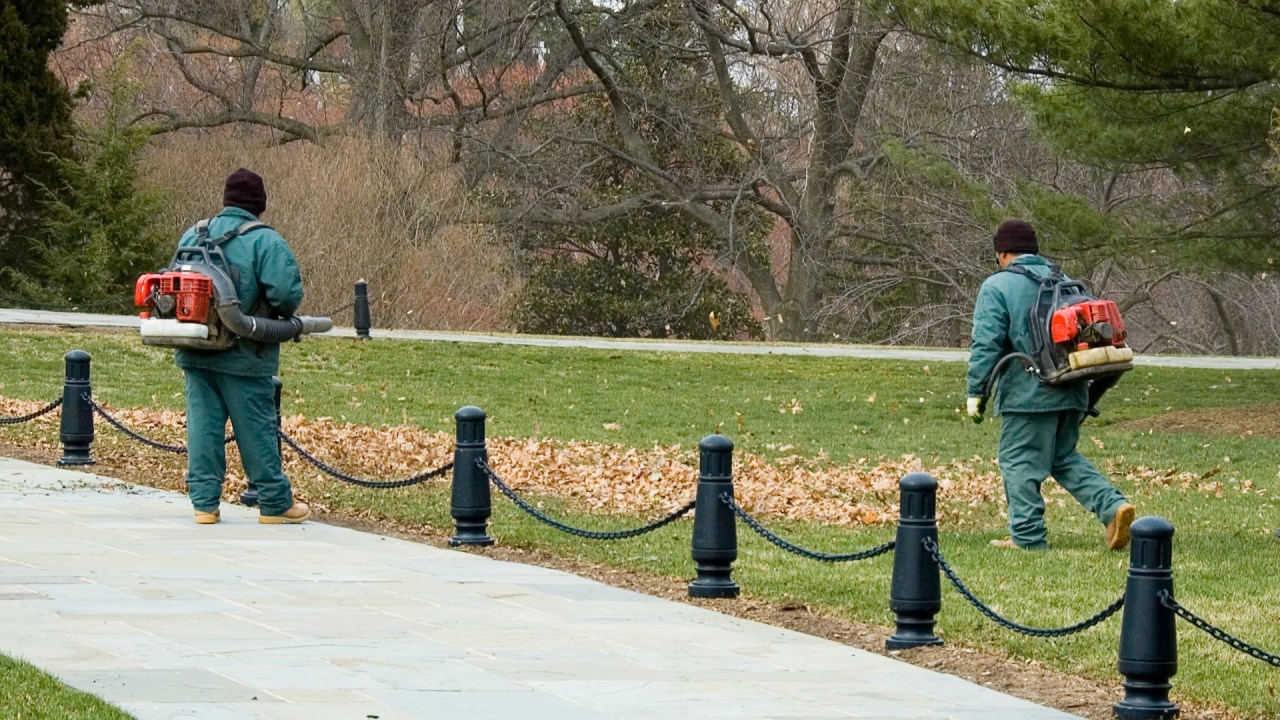- Jul 9, 2009
- 10,759
- 2,086
- 136

Newsom signs law to eventually ban gas-powered lawn equipment in California
California will soon ban the sale of new gas-powered leaf blowers and lawn mowers, a move aimed at curbing emissions from a category of small engines on pace to produce more pollution each year tha…
"Gov. Gavin Newsom signed a new law on Saturday that orders state regulators to ban the sale of new gas-powered equipment using small off-road engines, a broad category that includes generators, lawn equipment and pressure washers.
The California Air Resources Board has already started working on a rule to do this, a lengthy process scheduled to conclude early next year. But the law Newsom signed on Saturday removes any doubt, ordering the agency to apply the new rule by Jan. 1, 2024, or as soon as regulators determine is “feasible,” whichever date is later."
It includes generators, which may be tough on some homes with the routine rolling blackouts, but it's for a good cause.


